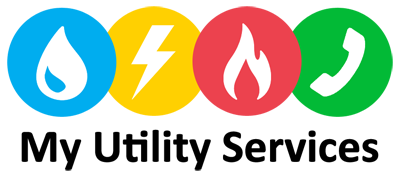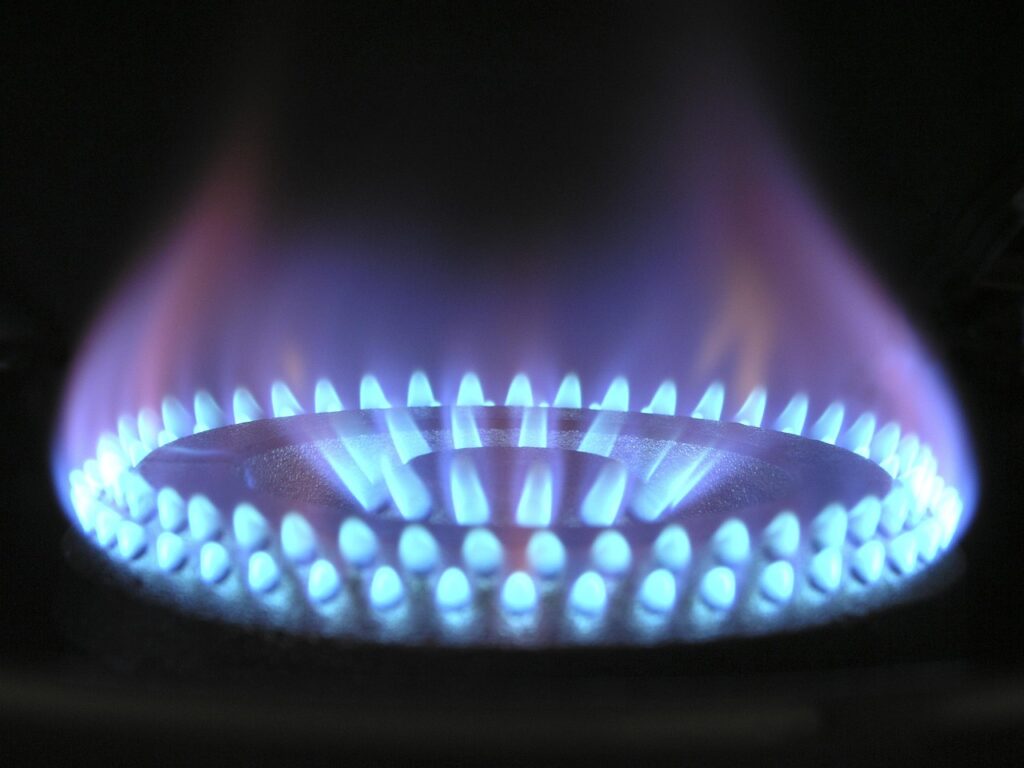Natural gas is a widely used and efficient energy source for heating, cooking, and generating electricity. While it is generally safe when handled properly, it’s important to understand the potential risks and take necessary precautions to ensure your safety. Here are some essential natural gas safety tips to keep your home and family protected:
1. Know the Smell of Natural Gas
Natural gas is odorless, but gas companies add a distinct sulfur-like or “rotten egg” smell to help detect leaks. Familiarize yourself with this odor so you can quickly identify a potential gas leak.
2. Inspect Gas Appliances Regularly
Ensure that all gas-powered appliances, such as stoves, water heaters, and furnaces, are in good working condition. Have them inspected and serviced by a qualified professional at least once a year. Faulty appliances can lead to gas leaks or carbon monoxide buildup.
3. Install Carbon Monoxide Detectors
Carbon monoxide is a dangerous byproduct of natural gas combustion. Install carbon monoxide detectors on every level of your home and near sleeping areas. Test them regularly and replace the batteries as needed.
4. Use Appliances as Intended
Only use gas appliances for their intended purposes. For example, never use a gas stove to heat your home, as this can lead to carbon monoxide poisoning.
5. Ensure Proper Ventilation
Make sure all gas appliances have adequate ventilation to prevent the buildup of harmful gases. Keep vents, flues, and chimneys clear of obstructions.
6. Know How to Shut Off the Gas
In case of an emergency, it’s important to know how to turn off the gas supply to your home. Locate the main gas shutoff valve and learn how to operate it. Make sure all household members are aware of this procedure.
7. Avoid Open Flames Near Gas Lines
Never use open flames, such as candles or lighters, near gas lines or appliances. If you suspect a gas leak, avoid anything that could ignite the gas, including using electrical switches or appliances.
8. Check for Leaks
Regularly inspect gas lines and connections for signs of wear, damage, or corrosion. If you suspect a leak, immediately leave the area and contact your gas company or emergency services.
9. Don’t Ignore Warning Signs
If you notice the smell of gas, hear hissing sounds near gas lines, or experience symptoms such as dizziness, nausea, or headaches, these could indicate a gas leak. Act quickly to protect yourself and your family.
10. Educate Your Family
Teach everyone in your household about natural gas safety. Ensure they know how to recognize the smell of gas, what to do in case of a leak, and how to use gas appliances safely.
What to Do If You Suspect a Gas Leak
- Evacuate the area immediately.
- Avoid using electrical devices, including lights, phones, or anything that could create a spark.
- Leave doors open to ventilate the area.
- Call your gas company or local emergency services from a safe location.
Conclusion
Natural gas is a reliable and efficient energy source, but it requires proper care and attention to ensure safety. By following these tips, you can reduce risks and create a safer environment for your home and family. Always prioritize safety and don’t hesitate to contact professionals if you have concerns about your natural gas system.

